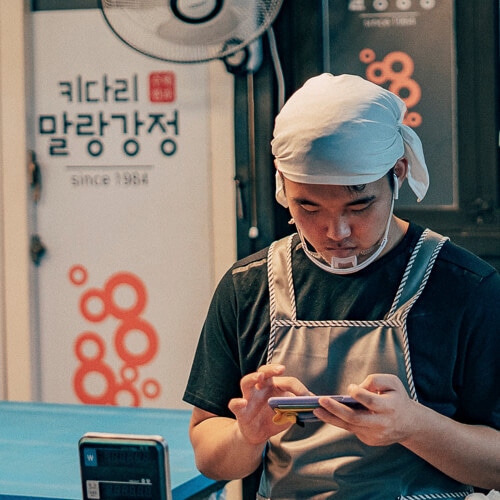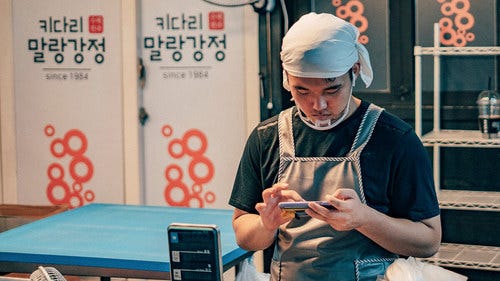
A teleconference call between Lee Tae-ho, South Korea's second vice foreign minister, and Keith Krach, the US under-secretary of state, apparently didn't go entirely smoothly.
According to Yonhap news agency, a South Korean foreign ministry official indicated that the meeting got a little frosty when the subject of Washington's Clean Network initiative cropped up, which calls on "all freedom-loving" countries – in the words of US secretary of state Mike Pompeo – to ban Chinese suppliers from their critical telecom infrastructure.
Figure 1:  Digging in: South Korea has told the US where go when it comes to 5G.
Digging in: South Korea has told the US where go when it comes to 5G.
(Source: Daniel Bernard on Unsplash)
"We made it clear that whether a private telecom company uses the equipment of a specific enterprise is up to that company to decide," said the South Korean official.
The official added, in a diplomatic fuzzy way, that "regarding the general security risks posed by the 5G technology in the telecommunication market, we agreed to work closely with the US side and cooperate in terms of technological issues."
In another nod to US sensibilities, but unlikely to satisfy Pompeo or president Donald Trump, the two nations reportedly "talked about the importance of the Clean Network and the issues requested by the US."
How long Seoul can maintain its position is "debatable," according to unnamed South Korean officials, especially if economic relations between the two countries become strained.
Lee Tae-ho and Krach were speaking during the annual Senior Economic Dialogue between Seoul and Washington.
Bring out your unclean
Of South Korea's "big three" mobile network operators, the smallest one, LG Uplus, is the most vulnerable to these renewed US calls for a Huawei ban.
The US state department says rivals SK Telecom and KT are "clean," because they don't use Chinese suppliers in their 5G networks (although the two carriers use Huawei equipment for landlines).
Want to know more about 5G? Check out our dedicated 5G content channel here on
Light Reading.
LG Uplus, on the other hand, is up to its eyes in Huawei's 5G kit.
Robert Strayer, during a press event in July – when he enjoyed the lengthy job title of US deputy assistant secretary of state for cyber and international communications and information policy – urged LG Plus to partner with "trusted vendors" and kick Huawei into touch.
Huawei has always vehemently denied that it's at the beck and call of the Chinese state and that its 5G equipment poses a threat to national security.
Related posts:
— Ken Wieland, contributing editor, special to Light Reading
Read more about:
AsiaAbout the Author(s)
You May Also Like



.jpg?width=300&auto=webp&quality=80&disable=upscale)








